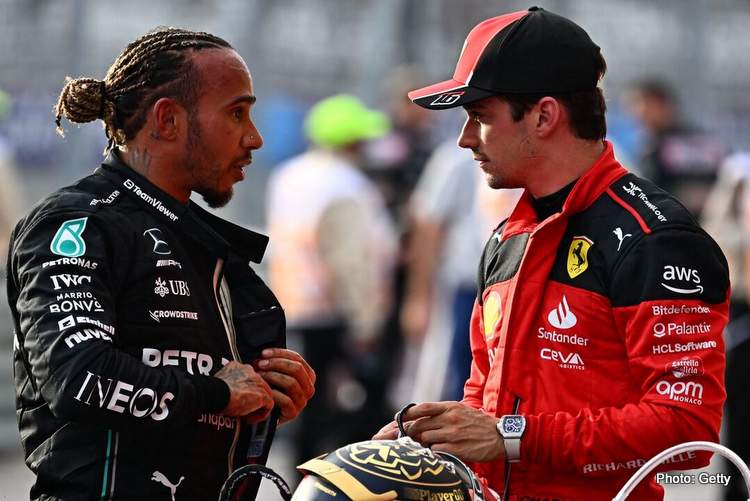Ferrari always avoided having two main drivers in their Formula 1 team. Normally, they have a number one driver with a supporting role for the number two. This was evident with Michael Schumacher and his teammates, like Eddie Irvine, Rubens Barrichello, and Felipe Massa. The same pattern continued with Fernando Alonso and Felipe Massa, as well as Sebastian Vettel and Kimi Raikkonen, until Charles Leclerc joined in 2019.
Leclerc and Vettel were potentially the first pair of drivers considered as two main drivers at Ferrari. However, Vettel’s career with Ferrari was coming to an end, and the power shifted to Leclerc, who was treated as the chosen one. When Carlos Sainz replaced Vettel, it was made clear that he would not be treated as a number two driver. This coincided with a change in mentality at Scuderia, as they began to manage their drivers on a race-by-race basis, supporting the one in better form. Eventually, one of them would emerge as a favorite based on their position in the Championship.
The arrival of seven-time F1 champion Lewis Hamilton at Ferrari in 2025 will draw attention to the dynamics between him and Leclerc. This will be especially interesting if Ferrari continues to improve and become title contenders in the coming years. When asked about the potential risk of Hamilton and Leclerc conflicting with each other, Vasseur, quoted by Motorsport.com, expressed confidence that there will be mutual benefit within the team. He believes that having two strong drivers will result in more points for the team.
Vasseur emphasized the positive impact of having two drivers who challenge each other to perform better. He believes that the points potential with two good drivers is much higher than with just one and a half. This view is based on the successful emulation between Carlos and Charles, which has been evident since the beginning of last year.
The last time Hamilton faced a serious challenge from a teammate was between 2014 and 2016, when he was at Mercedes and Nico Rosberg fought with him for the Championship. That period was a nightmare for Mercedes to manage, and ended with Rosberg’s retirement in 2016, after winning the F1 title that year.










